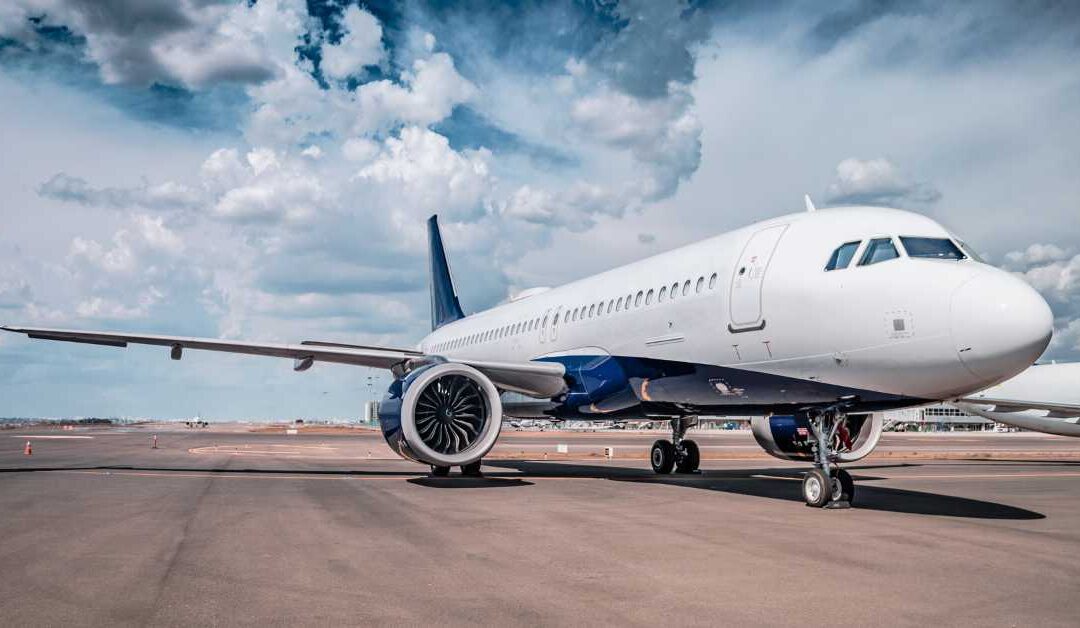If you see yourself working in aviation or aerospace, you might consider becoming a pilot or exploring diverse and interesting aviation operations jobs.
Where should you begin? The starting point for aircraft operations careers is usually an undergraduate degree with a major in aviation and aerospace. After completing a B.S. degree in aviation, you may look into various graduate programs or start applying for entry-level airline operations positions.
What to Expect When You Study for an Aircraft Operations Degree
Opting for a degree in Aircraft Operations means you’ll complete a B.S. program focusing on the aviation/aerospace industry. You’ll gain the technical, practical, and management skills professionals need for aviation and flight operations careers. You might also choose a concentration area like aviation safety or operations management.
You can expect courses like:
- Airline Management
- Corporate Aviation Operations
- Business Ethics
- Airport Planning
- Aviation Human Factors
What Are Your Options for Aircraft Management Careers?
Aircraft operation careers are extremely diverse. You can choose from a wide range of airline operations and aviation logistics employment options.
1. Aircraft Technician/Mechanic
As an aircraft technician or mechanic, you’d handle aircraft repairs and maintenance. Your job would include inspecting planes before flights, spotting parts that need replacement, checking fluids, and monitoring tire pressure.
2. Flight Instructor
If you become a flight instructor, you’ll enjoy the rewarding and important work of helping others learn to fly aircraft. You’ll plan lessons, explain operating procedures and protocols to your students, and instruct them in flight navigation.
3. Air Traffic Controller
Working as an air traffic controller means you’ll need to supervise and direct plane movements. You’ll give timely, precise instructions at takeoff and landing. You’ll also inform pilots about runway closures, weather, and other key information. Finally, you’ll use emergency protocols to ensure crew and passenger safety in critical situations.
4. Aerospace Engineer
If you dream of becoming an aerospace engineer, you’ll usually need a more advanced degree following your aviation/aerospace graduate program. You may design and construct aircraft, drones, satellites, and other aviation and aerospace technology.
5. Pilot
Working as a pilot is a dream career for many. Apart from flying planes, you’ll also need to check the aircraft is in proper working condition, check the aircraft’s systems, follow flight plans, and communicate with airline staff.
To become a pilot, you’ll need credentials beyond an aviation degree, like a commercial pilot certification.
Enroll at Everglades University to Achieve an Aircraft Operations Degree.
Do you believe an aircraft operations career might be a good fit for you? Sign up for our B.S. program with an aviation/aerospace major. This 41-month B.S. degree provides a solid technical background and management skills that will give you a competitive edge when applying to aviation and aerospace operations jobs.
Contact us today to learn more about the Aircraft Operations degree. Call 888-854-8308 or contact us online.

Recent Comments